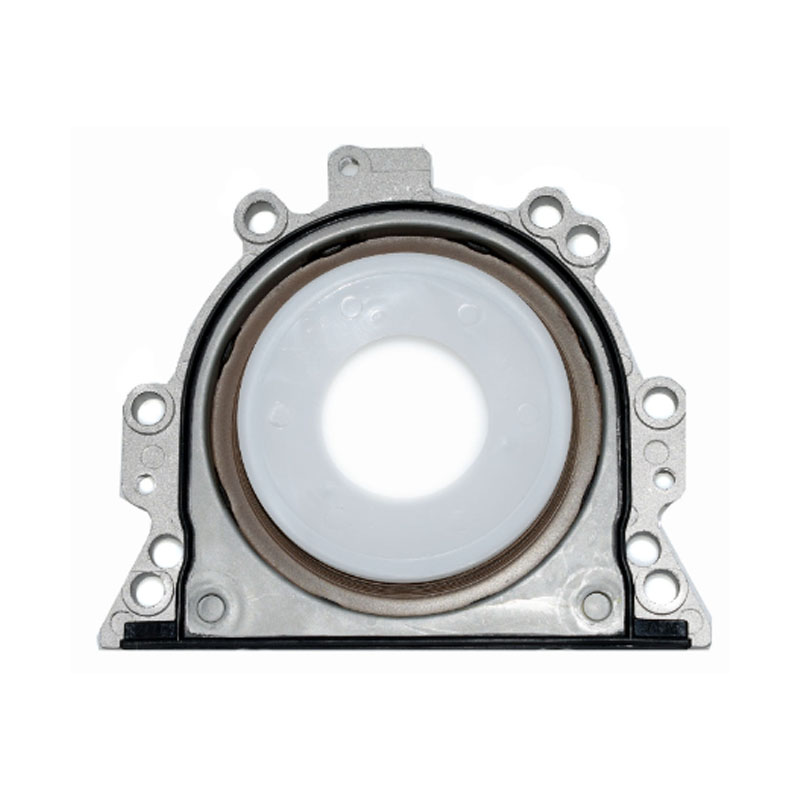differential pinion seal
Understanding Differential Pinion Seal Importance and Maintenance
The differential pinion seal is an often-overlooked yet crucial component in vehicles equipped with a differential. Its primary function is to prevent the leakage of differential fluid from the pinion shaft, ensuring the longevity and optimal performance of the vehicle's drivetrain. Understanding its role and the need for maintenance can help vehicle owners avoid costly repairs and enhance their vehicle’s lifespan.
The differential itself is an assembly that allows for the separation of the driveshaft's rotational force to the wheels, particularly during turns. The pinion gear, which connects the driveshaft and the ring gear, is where the pinion seal is situated. This seal is designed to withstand extreme conditions, including high torque, pressure, and temperatures generated during operation. Its ability to keep lubricants contained is vital as these fluids provide essential lubrication, cooling, and protection to the internal components of the differential.
Over time, differential pinion seals can wear out due to exposure to heat, road debris, and fluctuating pressures. A failing seal can lead to fluid leaks, which can compromise the effectiveness of the lubricant. This not only poses a risk of severe damage to the differential gears but also affects other linked components, such as the driveshaft and wheel bearings. Left unchecked, these issues can result in complete differential failure, resulting in expensive repairs and extended vehicle downtime.
differential pinion seal

To maintain the integrity of the differential pinion seal, regular inspections and maintenance are essential. Vehicle owners should look out for signs of leakage or oil spots under the vehicle, particularly around the differential area. Any unusual noises, such as whining or grinding from the differential, may also indicate problems with the seal or the differential itself. It’s advisable to consult a qualified mechanic if any of these symptoms arise.
In addition to regular checks, changing the differential fluid at recommended intervals is crucial. Fresh fluid can help reduce pressure on the pinion seal and prolong its life. Mechanics often recommend using high-quality lubricants specifically designed for differentials to ensure optimal performance.
In conclusion, while the differential pinion seal may not be the most glamorous component of a vehicle, its importance cannot be overstated. Regular maintenance and timely inspections can prevent minor issues from escalating into significant problems, ensuring a smoother and more reliable driving experience. Understanding the role of the pinion seal empowers vehicle owners to take proactive measures in maintaining their vehicles, ultimately leading to better performance and longevity.
-
Understanding the Front Main Engine Seal: Purpose, Maintenance, and Installation
News Jul.29,2025
-
Understanding O-Rings and Seal Rings: Types, Applications, and Custom Solutions
News Jul.29,2025
-
Understanding Crankshaft Oil Seals: Rear Seals, Pulley Seals, and Their Role in Engine Integrity
News Jul.29,2025
-
The Importance of Front and Rear Crankshaft Seals in Engine Performance and Oil Management
News Jul.29,2025
-
Crank Oil Seals: Functions, Types, and Cost Considerations in Engine Maintenance
News Jul.29,2025
-
A Comprehensive Guide to O-Rings and Seals: Types, Materials, and Global Applications
News Jul.29,2025
-
Mastering Diesel and Performance Engine Maintenance: A Guide to Critical Oil Gaskets
News Jul.28,2025
Products categories















